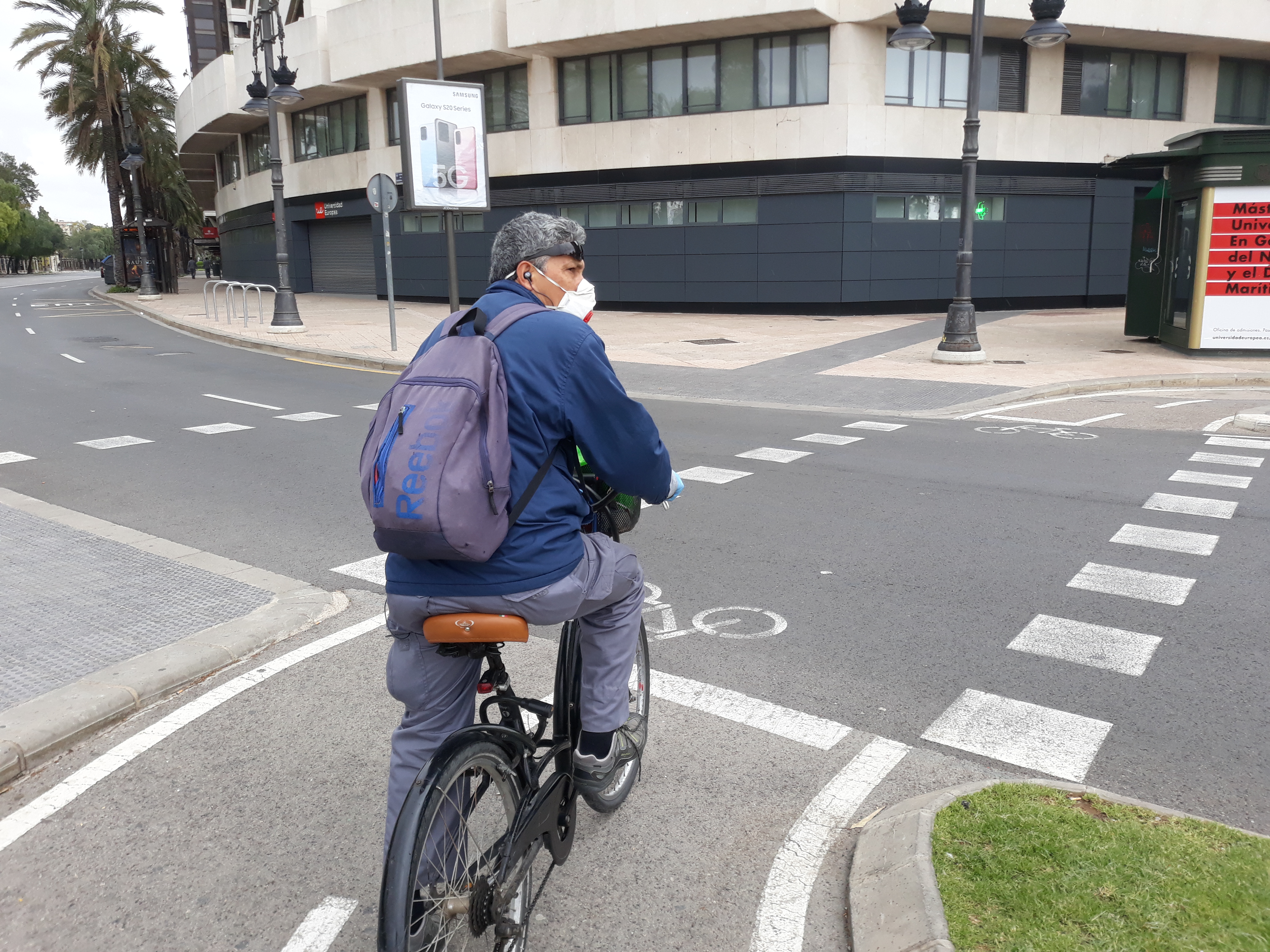Propose to take masks from the medical area to the street
2020/08/21 Galarraga Aiestaran, Ana - Elhuyar Zientzia Iturria: Elhuyar aldizkaria

Among the measures to prevent the transmission of the SARS-CoV-2 virus, the use of the mask has been discussed from the beginning in Euskal Herria. Unlike many Asian countries or the Czech Republic, for example, until recently it has not been mandatory and, meanwhile, there has been no clear rules or sufficient scientific evidence of effectiveness.
However, over time, researchers have shown that the virus is transported not only in drips that are ejected through the mouth, but also in aerosols. Aerosols are much smaller than droplets, last longer in the air and go further. Therefore, the distance of two meters is not enough so that an infected person can not infect another, blow, cough, polish or just breathe hard. Therefore, masks are an important protection, as demonstrated by studies conducted in relation to the use of the mask with the spread of the infection.
However, the debate has not been silenced and, even among those who recognize its effectiveness, some continue to discuss the type of masks or the need to use them in certain situations and places. According to an article published in the British Medical Journal, this discussion from the medical point of view and the presentation of masks as a sanitary element stops its use.
According to the authors, the messages emitted on the masks are not attractive to the public: types of masks (surgical, FFP2, etc. ), placement and withdrawal protocols… Masks made at home or local producers, whether fabric or other material, will not be as effective as surgical, but in many places are more accessible and easy to admit than surgical ones. And they say it literally: “A 100% effective measure to avoid transmission but that only uses 10% has a lower impact, 50% efficiency compared to 95%.”
Thus, the authors propose to make an effort to generalize the use of the mask, using local socio-cultural keys. In some places they already have the habit of covering their mouths, for example, by pollution, and there are societies that better accept the rules of the authorities than others. That is why it is important to take into account the socio-cultural situation of each place to adapt the message. The objective would be the same: that the mask is not considered a medical element but a habitual accessory.
To achieve this, researchers have also mentioned one of the keys: to call for solidarity and community security. With this, they consider that the use of the mask would be generalized, which would help mitigate the impact of the pandemic.

Gai honi buruzko eduki gehiago
Elhuyarrek garatutako teknologia




.jpg)

